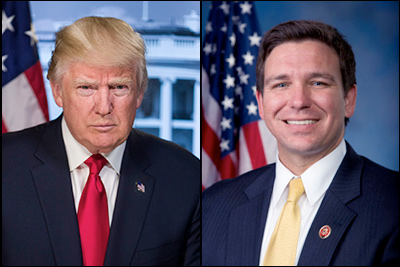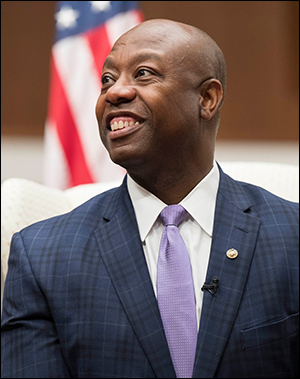By Jim Ellis — Tuesday, Nov. 21, 2023
Senate
New Jersey: Tammy Murphy Scoring Key Endorsements — Being New Jersey’s First Lady certainly has its perks. Since announcing her Senate challenge to indicted incumbent Sen. Bob Menendez (D-NJ) late last week, Tammy Murphy, the wife of incumbent Gov. Phil Murphy (D), already has secured four important county party endorsements.In New Jersey, official county party endorsements mean more than in other states because the favored candidates received substantially better ballot positions in addition to having access to party resources. So far, the state’s two largest Democratic local party organizations, Bergen and Middlesex Counties, along with those in Camden and Hudson, have awarded Ms. Murphy their endorsements.
Additionally, Rep. Josh Gottheimer (D-Wycoff), who is reportedly testing the waters for a 2025 gubernatorial race when Mr. Murphy is ineligible to seek re-election, became the state’s first sitting US House member to endorse the First Lady. Aside from Sen. Menendez, who has yet to say whether he will seek re-election, US Rep. Andy Kim (D-Moorestown) is in what is already becoming a highly competitive statewide Democratic primary campaign.
House
SC-4: Rep. Timmons Facing Potentially Strong Primary — In 2022, South Carolina Rep. William Timmons (R-Greenville) found himself winning his renomination campaign with just 53 percent of the vote against what were thought to be minor opponents. A highly publicized extra-marital affair that included accusing the congressman of using his office resources to conceal his activity was largely the reason his primary was so close.
On Friday, state Rep. Adam Morgan (R-Taylors) announced that he will challenge Rep. Timmons in the June primary election. Since Morgan will be a stronger opponent than any of the three individuals who ran in 2022, the 2024 primary will be one worth watching.
Governor
Washington: PPP’s Surprise Poll — Public Policy Polling again conducted one of their regular Washington statewide surveys for the Northwest Progressive Institute and the results are eye-opening. According to the PPP study (Nov. 14-15; 750 registered Washington voters; multiple sampling techniques), former Congressman Dave Reichert (R) and Attorney General Bob Ferguson (D) are tied with 31 percent support apiece.
The shocker comes when the pollsters queried the respondents about who they would support in a general election assuming that both Reichert and Ferguson advance from the all-party jungle primary into the November election. On the ballot test, Reichert enjoyed a 46-44 percent lead over AG Ferguson. It is an astonishing result in that a Republican would post any kind of an advantage in Washington, one of the most Democratic states in the Union.
States
Louisiana: Runoff Election Results — After electing a new governor outright in the Nov. 14 election as Governor-Elect Jeff Landry (R) was able to secure majority support, Republicans finished the 2023 statewide elections with a landslide sweep. The GOP won the secretary of state, attorney general, and state treasurer’s office with between 65 and 67 percent of the vote. Former Congressman John Fleming (R) returns to elective office with his victory as State Treasurer.
Turnout was extremely low with almost 670,000 votes cast, which is just 44 percent of the total participation figure from the last statewide runoff in 2019. In that election, however, the governor’s race was being decided. The lack of the governor and lieutenant governor being forced into runoffs is the obvious reason turnout was down by such a large proportion.







